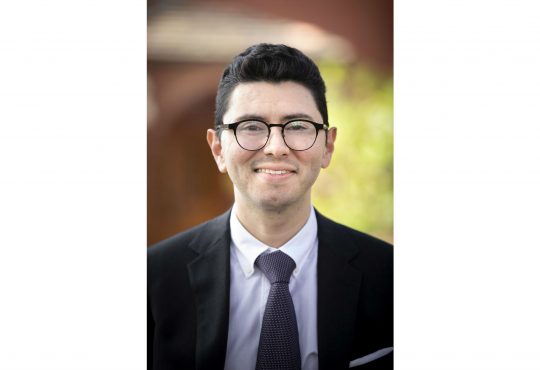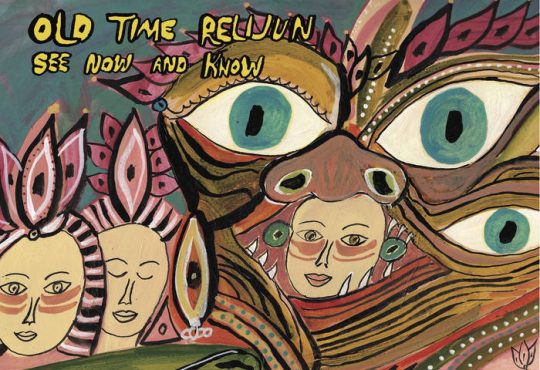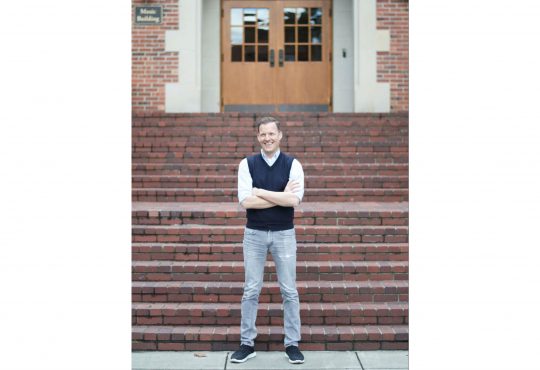Post-graduation plans are shaping up to be an exceptional adventure for seniors Margaret Shelton and Jacki Ward, who were announced recipients of this year’s Watson Fellowship last week.
The fellowship, established in 1968 by IBM founder Thomas J. Watson, is a national grant which enables students to further pursue their interests after finishing college. Applications for the fellowship include in-depth project proposals and selected applicants are awarded a $25,000 stipend to travel abroad for one year following graduation. The grant is designed as an investment in individual students who demonstrate “unusual promise,” both in their academic and extracurricular work, according to watsonfellowship.org.
For Shelton and Ward, the fellowship will offer a unique opportunity to explore their enthusiasms in a variety of cultural contexts.
“It’s the adventure of a lifetime,” said Shelton, who will be touring several countries in Europe, Asia and Central America to study traditional folk harp. Shelton developed an interest in the harp when she was five, after seeing a performance at a festival in Enumclaw, and told her parents she wanted to be a harpist.
“They told me I should take a year of piano first,” said Shelton. “So I took piano for a year. Then, when I was six, we were driving home from my last piano recital, and I asked my parents if I could start taking harp lessons.” Shelton has now been playing the harp for fourteen years.
Shelton, who hopes to play and teach the harp professionally, is grateful for the opportunity to study the influence of the instrument around the world. Her project, titled “More than a Halo, Wings, and Strings: the Diversity of Harps and Harpists,” will begin on August 1st following graduation. Before leaving Puget Sound, Shelton will hold her senior recital in the Schneebeck Concert Hall on April 9th.
Jacki Ward’s project, “Stretching Humanity: Contortion in a Cross-Cultural Context,” will take her to Mongolia, India, China, France and Canada to study contortion and contemporary circus. She hopes to combine her long-time interest in travel and anthropology with a study of the cultural heritage of circus arts around the world. Ward has studied contortion for six years, after taking a trapeze class where she discovered her affinity for the visual arts. “It was a fusion of all my interests: gymnastics, theater, music,” she said. “I was inspired by the expressive potential of circus.”
Ward has been performing for three years, and says she wants to “continue performing for a while.” She hopes to eventually go back to school to pursue a PhD in performance studies.
The University of Puget Sound is one of forty institutions across the nation participating in the Watson Fellowship. The application process for the fellowship is demanding and competitive, requiring resumés, personal statement essays, project outlines, and interviews with a national committee. Individual colleges choose which of their applicants to nominate nationally — Puget Sound typically nominates four. The final awardees are then selected at the national level.
Fellowship Director Sharon Chambers-Gordon recruits students for the Watson Fellowship here at Puget Sound and mentors applicants throughout the process. With regards to pursuing the fellowship, she said, “I want to stress the importance of starting early, of making use of resources and building a good network.” Chambers-Gordon also emphasized the value of extracurricular activities and good recommendations as a way for applicants to distinguish themselves.
Shelton and Ward “worked very, very hard” in their pursuit of the fellowship, said Chambers-Gordon. “They were very committed to their applications and their projects and they interviewed well.”
Shelton and Ward will be beginning their adventures this summer, and both are honored to be selected for the Watson Fellowship. “I feel very happy and blessed right now,” said Shelton. Ward also emphasized her appreciation for the financial support from the fellowship and people who donate money, saying, “I wouldn’t have had this opportunity otherwise.”






